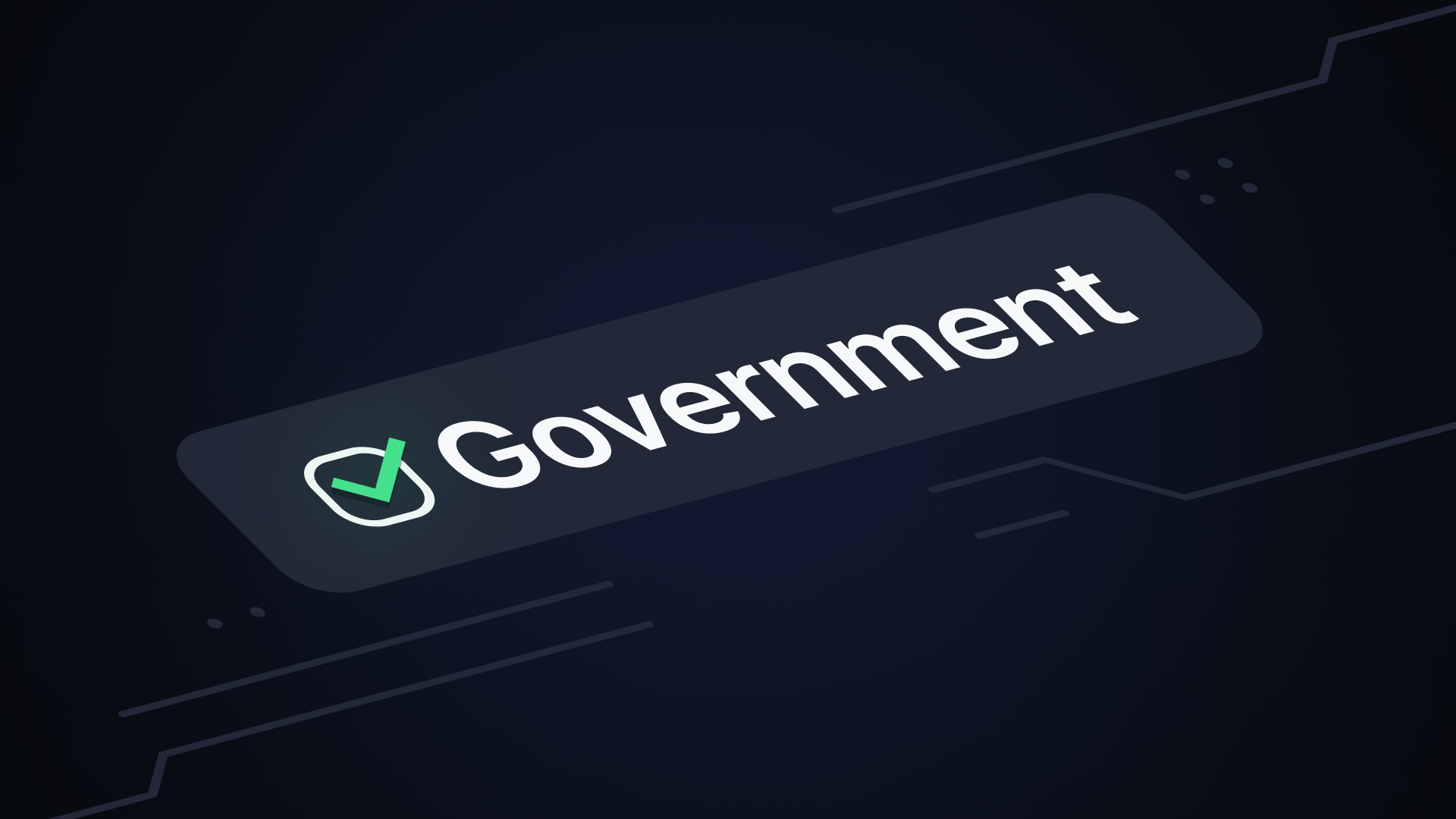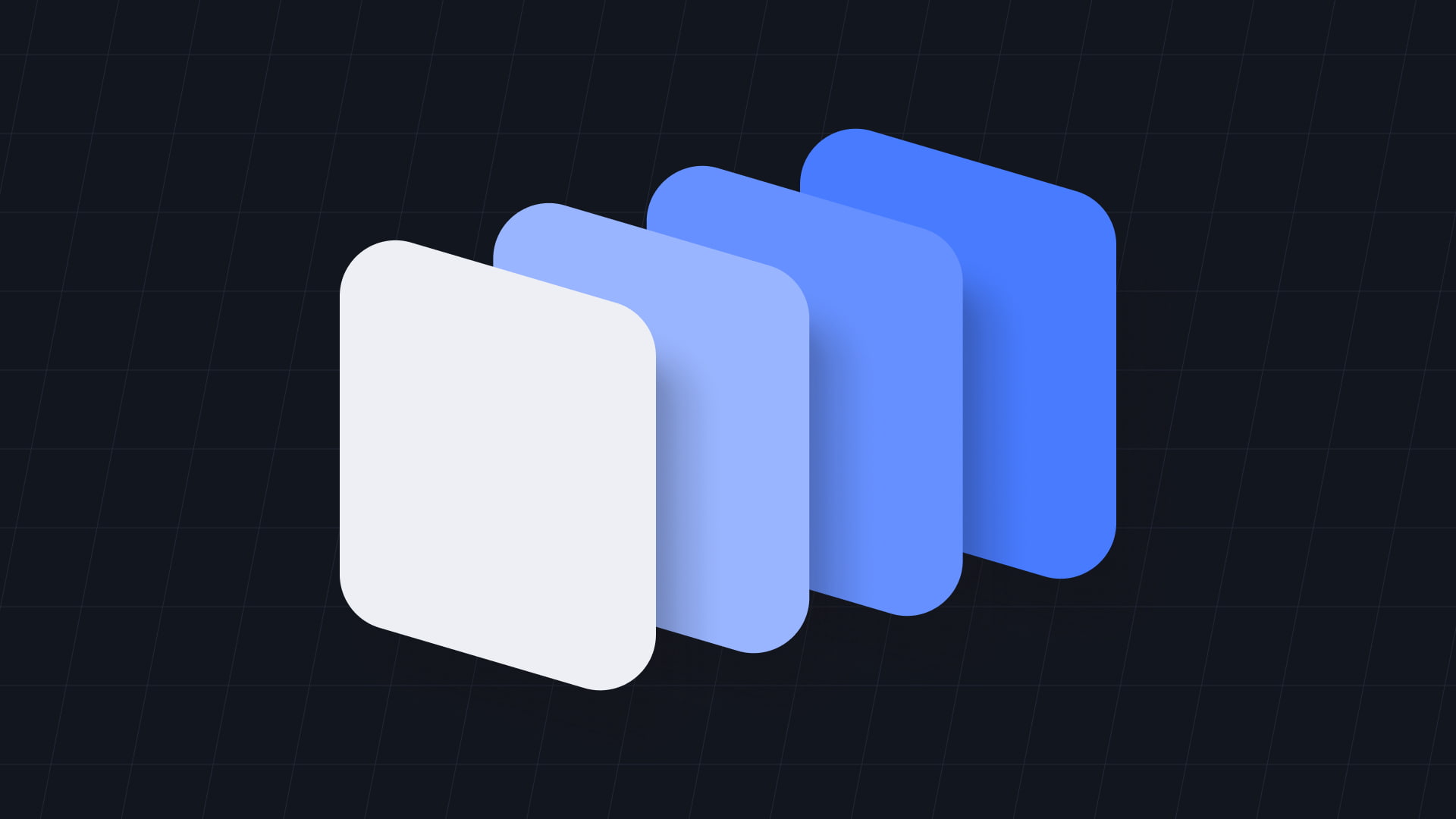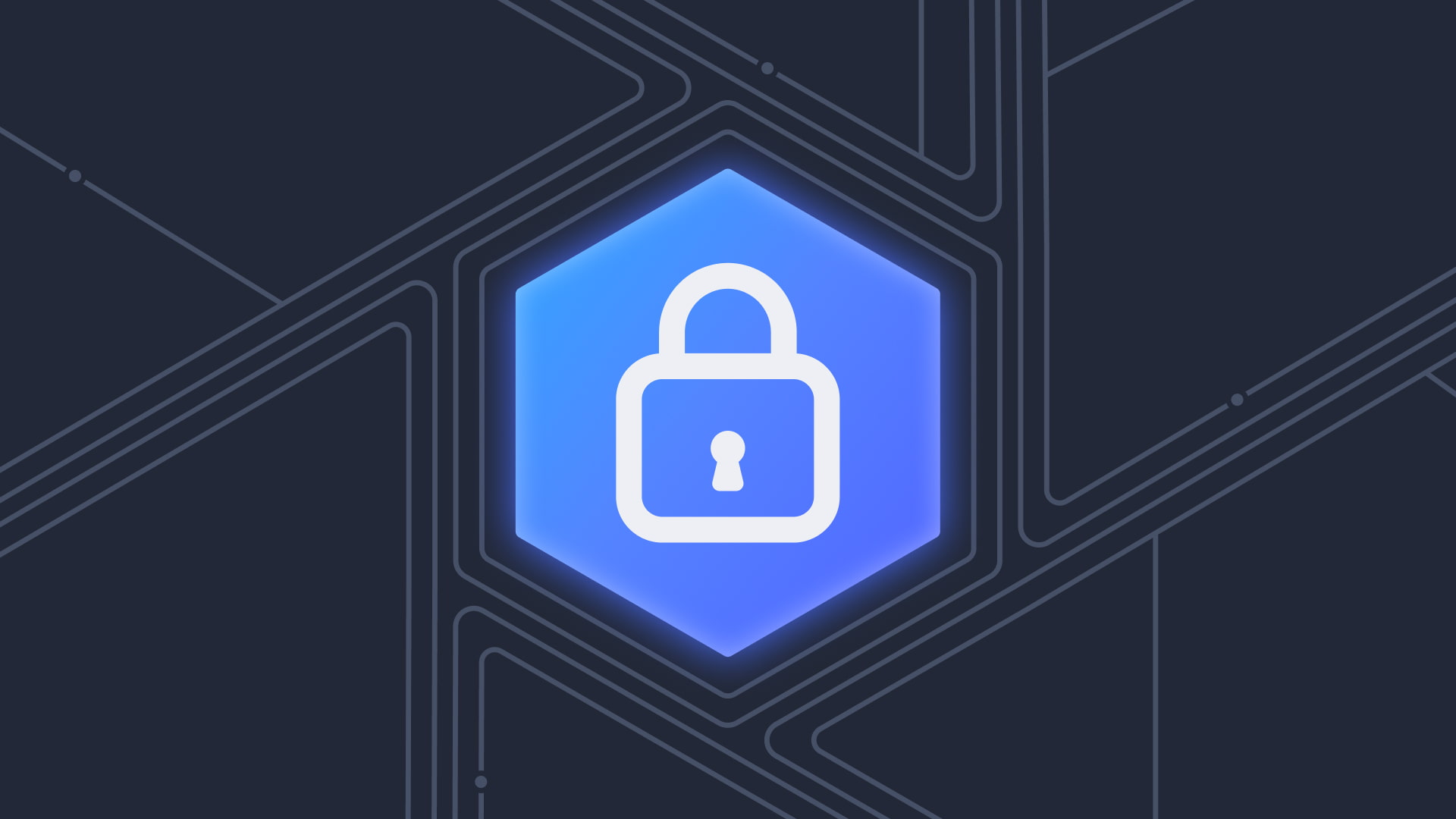Do you know that blockchain technology is also applicable in the government sector? For a long time, blockchain has been seen as an anti-establishment technology that wants to topple the government. This assumption is far from the truth, as the decentralized web has propagated the gospel of security, transparency, and proper separation of power to prevent abuse.

Looking at the tenets of blockchain, it may just be the most democratic “thing” we currently have. This article will examine blockchain use cases in the public sector to prove that fact. In addition, it will examine possible ways the authorities can utilize the decentralized web to improve governance and public services.
Blockchain in Government: Fostering International Transactions
Blockchain technology is revolutionizing cross-border transactions by providing governments with a secure, transparent, and efficient platform for international payments. Traditional systems often suffer from high costs, slow processing times, and a lack of transparency. Blockchain addresses these issues by enabling real-time, peer-to-peer transactions that reduce reliance on intermediaries and improve operational efficiency.
A key advantage of blockchain is its ability to facilitate seamless and secure transfers between countries. Governments can use blockchain to create decentralized payment systems that ensure transparency and traceability. For example, Central Bank Digital Currencies (CBDCs) built on blockchain can streamline cross-border payments, cutting transaction fees and processing times while minimizing dependence on traditional systems like SWIFT.
Speaking of moving on from dependence on the SWIFT banking system, Tectum has developed SyntezNote. This pilot project incorporates the best of traditional payment methods and cryptocurrencies. It combines the advantages of Bitcoin, stablecoins and fiat currencies.
Blockchain’s immutable ledger ensures that all international transactions are permanently recorded and cannot be altered. This enhances trust between participating countries, as every transaction is transparent and verifiable. Smart contracts can further automate cross-border agreements, ensuring payments are executed only when predefined conditions are met, reducing the risk of disputes or fraud.
Blockchain in Government: Enhancing Fiscal Transparency
The most obvious way is by ensuring transparency in government, particularly in the financial sector. Decentralized ledger technology is a proper tracking tool as the fusion of finance and blockchain is not limited to cryptocurrencies. The government can use this technology for proper and transparent record-keeping.
Blockchain transactions are permanent, meaning that no government official can change any stored information. In addition, every data transferred on a blockchain can be accessed by a block explorer. Any government working for the citizens can store information about budgets and public expenditures on the decentralized web.
This online record will also contain details of government expenses like procurement, salaries of public officials, and income from taxes. Ensuring utmost transparency will eradicate fraud, and ensure that public funds are properly utilized.
Blockchain in Government: Improving Voting Systems
Elections have always been an issue of eternal debate, with issues like rigging, overvoting, or result manipulation. The above-mentioned problems do not include general setbacks like logistical challenges like supplying voting materials and collation of results. Blockchain can fix all these hurdles, eliminate voter fraud, and improve the quality of electoral processes.
As mentioned prior, no one can change the information added to a block, which is then added to a change. This feature completely stops voter fraud and reduces the chances of result manipulation. Before a block is added to a chain, it undergoes significant verification to ensure certain criteria are met. The electoral body can set the parameters for adding new information to the digital ledger for an election.
In addition to stopping electoral malpractices, blockchain can streamline the voting process. Instead of the usual process of manual electronic transfers, the government can use a decentralized ledger. A smart contract will be set up to transmit the results once an individual submits his/her votes.
Blockchain in Government: Streamlining Identity Management
Blockchain offers the most effective record-keeping process. It is so excellent that you can trace the history of every information on the network. This process can be applied to identity management, with the process beginning from birth.
When someone is born, information like where they are born, parents, date, and time of birth is added to a block. As they grow, their information is constantly updated, with newer blocks being added to the chain to update previous details. The process continues until they are no more. It can also be used to properly document and keep records of migrants and refugees.
With an accurate digital ledger, the government can easily identify and accurately distribute aids to those who need them. Identity verification is also seamless, as the authorities can trace your history to the day you were born or migrated to a certain country. In the advent of a natural disaster, it becomes easier to identify anyone still missing or requiring support.
Blockchain in Government: Public Health Records
The government can also use blockchain to store health records safely and efficiently. To this day, some hospitals still use written or printed papers to document patient information. This method is unsafe and significantly inefficient.
The hospital can lose important documents in the case of flood, fire, or even relocation, where they are either destroyed or lost. Even simple retrieval of data can be risky as doctors, nurses, specialists, or other employees can misplace these papers.
With blockchain technology, sharing and storing information becomes far easier for the health service provider. The doctor, nurse, or specialist can easily retrieve data from the network by meeting authorization requirements. Should there be a need for a referral, a link containing the person’s information can be sent before the patient’s arrival.
Only the specialist can access the patient’s data, unlike a paper, where anyone who comes across the document can see all your information. Furthermore, the doctor can restrict what your dentist or dermatologist can see in your file.
Blockchain in Government: Smart Cities and IoT Integration
Blockchain technology is playing a transformative role in smart cities ‘ development by offering innovative solutions to urban infrastructure management. Integrating blockchain and the Internet of Things (IoT) into cities creates more efficient, secure, and sustainable systems. For example, peer-to-peer energy trading allows households with solar panels to sell excess energy directly to neighbors. This approach reduces reliance on traditional utilities and promotes renewable energy usage.
Blockchain also improves IoT devices’ security and data-sharing abilities, vital for smart city operations. This includes traffic sensors, smart meters, and surveillance cameras, which generate vast amounts of data. Decentralized ledger technology ensures this data is securely stored and shared, preventing tampering and unauthorized access.
By leveraging blockchain, smart cities can achieve greater transparency, efficiency, and resilience. In turn, this will pave the way for a more connected and sustainable future.
List of Government Blockchain Projects
Further proof that blockchain is significantly applicable in the public sector is government-pioneered projects. The authorities of several nations have applied decentralized ledger technology in several ways to improve public infrastructure or access to public goods.
Meanwhile, it’s essential to note that these are centralized or enterprise blockchain projects. In simpler terms, they are more regulated and not decentralized like Tectum 4.0 or Bitcoin for example. Nonetheless, they still highlight the efficiency of blockchain technology.
Here are some government blockchain projects:
Project Aber: Saudi Arabia and UAE’s Blockchain Initiative for Cross-Border Payments
Project Aber is a collaboration between Saudi Arabia’s SAMA and the UAE Central Bank that explores cross-border payments blockchain. Launched in 2019, it tests a dual-issued digital currency. This aims to streamline transactions between the two nations. Blockchain reduces reliance on intermediaries and cuts transaction costs. It also improves speed and transparency in international payments.
The project demonstrates blockchain’s feasibility for real-time cross-border settlements. It uses an immutable ledger to ensure transaction security. This builds trust and efficiency between Saudi Arabia and the UAE. It sets a benchmark for other countries. Blockchain’s potential extends to trade finance, remittances, and CBDCs. Project Aber showcases blockchain’s role in transforming global financial systems.
Georgia’s Blockchain-Based Land Registry System
Georgia implemented a blockchain-based land registry system in 2016 in collaboration with the Bitfury Group. This system records property titles and transactions on a blockchain, ensuring immutability and transparency. By using blockchain, Georgia has significantly reduced fraud and streamlined property registration, allowing citizens to verify ownership in minutes instead of days.
The system has enhanced public trust in government institutions by providing a tamper-proof and auditable record of land ownership. It has also improved the ease of doing business in Georgia, making it a global benchmark for blockchain adoption in governance. This success has inspired other countries to explore similar solutions for land management and public record-keeping.
Pilot Electoral Projects in Countries like Estonia and South Korea
Estonia and South Korea have piloted blockchain-based voting systems to enhance electoral transparency and security. Estonia, a leader in e-governance, uses blockchain to secure its i-Voting system, allowing citizens to vote online while ensuring the integrity of the process. Similarly, South Korea has tested blockchain for absentee voting, reducing the risk of fraud and manipulation.
These systems leverage blockchain’s immutability to prevent tampering with votes and ensure accurate, verifiable results. By streamlining the voting process and increasing accessibility, blockchain has the potential to boost voter participation and trust in democratic processes, setting a precedent for other nations to follow.
India’s Aadhaar System and Potential Blockchain Integration
India’s Aadhaar system is one of the world’s largest biometric ID programs, providing unique identification to over a billion citizens. While not yet blockchain-based, there is growing interest in integrating blockchain to enhance security and decentralization. Blockchain could enable citizens to control their data while ensuring its authenticity and preventing unauthorized access.
By integrating blockchain, Aadhaar could streamline identity verification for services like banking, healthcare, and welfare distribution. This would reduce fraud, improve efficiency, and empower citizens with greater control over their personal information, making the system more resilient and user-friendly.
Blockchain-Based COVID-19 Vaccine Tracking
During the COVID-19 pandemic, blockchain was used to track vaccine distribution and ensure transparency. For example, IBM developed a blockchain-based solution to monitor vaccine shipments, ensuring they were stored and transported under proper conditions. This helped prevent counterfeit vaccines and ensured accountability in the supply chain.
Blockchain also facilitated real-time tracking of vaccination rates and inventory levels, enabling governments to allocate resources more effectively. By providing a secure and transparent record, blockchain played a critical role in building public trust and ensuring the efficient distribution of life-saving vaccines.
Dubai’s Blockchain-Powered Smart City Projects
Dubai has embraced blockchain as a cornerstone of its smart city initiatives, aiming to become the world’s first blockchain-powered government by 2030. The city has implemented blockchain in areas like vehicle registration, utility management, and business licensing, reducing paperwork and improving efficiency.
For instance, Dubai’s blockchain-based payment system streamlines transactions between government entities, businesses, and citizens. Additionally, blockchain is used to secure IoT devices and manage data from smart infrastructure, such as traffic sensors and energy grids. These initiatives position Dubai as a global leader in urban innovation, showcasing how blockchain can transform city governance and improve quality of life.
Challenges of Implementing Blockchain in Government
Despite the potential of introducing government blockchain projects, there are still several setbacks. Some of them are outlined below:
- Scalability and cost: Integrating blockchain into orthodox technology requires significant adjustments. Funding is a major setback when developing the right architecture to support the use of government blockchain projects. Developing and maintaining blockchain networks is expensive. This results in the establishment of only small-scale pilot projects.
- Regulatory and adoption challenges: Even worse than the cost of funding blockchain projects is the authorities’ attitude to this technology. Over time, it has become evident that the government lacks interested in understanding decentralized ledger technology. They seem to be more afraid about being unable to control it than anything else. As a result, regulators end up proposing and enacting laws inhibiting the development and adoption of blockchain technology.
- Public awareness and trust: Most people are skeptical about decentralized technology, thanks to continuous misinformation. Several scam cryptocurrency projects have not helped the case, especially with people losing their money to these fraudulent ventures. Considering this factor, many people are uninterested in utilizing government blockchain projects.
Despite these challenges, wholesome user education, proper development, and integration can make blockchain mainstream in the public sector.

